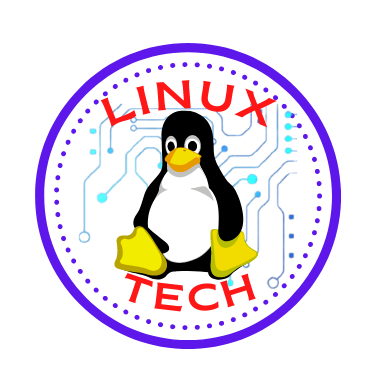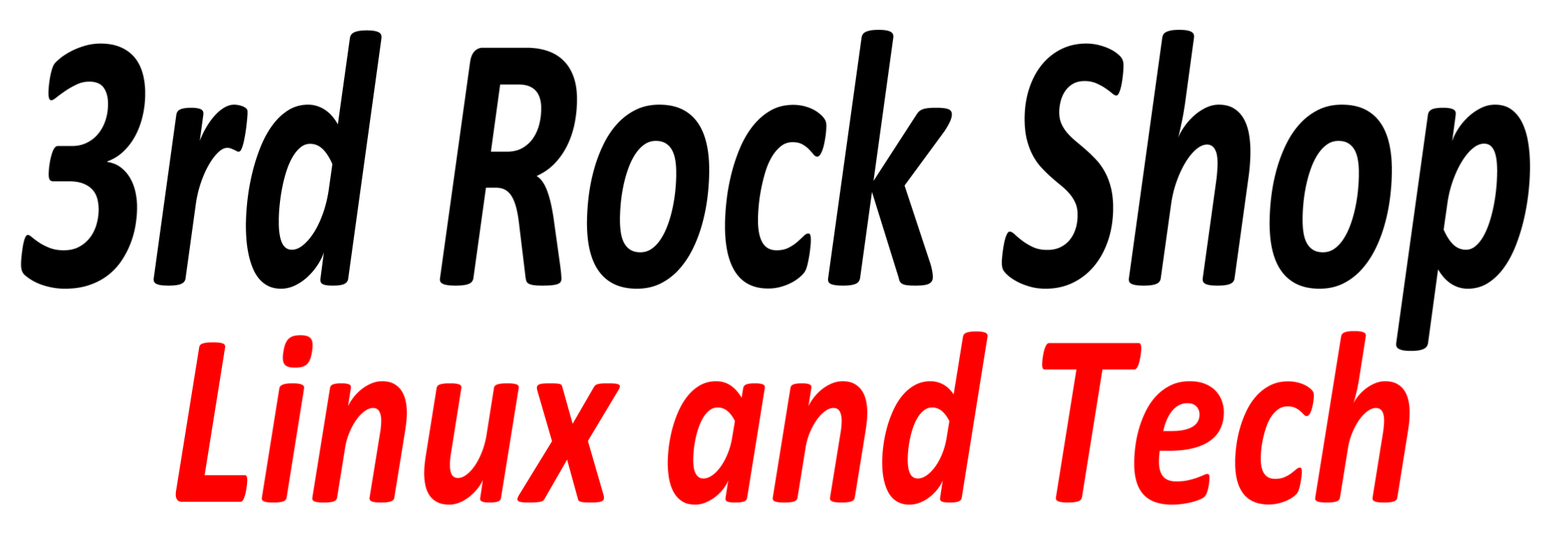Linux in Science
3 min readLinux has emerged as a powerful and ubiquitous tool in the scientific community, revolutionizing the way research is conducted and data is analyzed. Its open-source nature, flexibility, and robust performance make it an ideal operating system for various scientific disciplines. In this article, we will explore the diverse applications of Linux in science and how it accelerates advancements in research and discovery.
High-Performance Computing (HPC): Linux is the dominant operating system in High-Performance Computing (HPC) clusters used for scientific simulations, modeling, and data analysis. The scalability and efficiency of Linux allow researchers to solve complex problems and process vast amounts of data in record time.
Scientific Research and Simulations: Linux provides the foundation for scientific software tools and simulations used in various fields such as physics, chemistry, biology, and astronomy. Researchers can create custom simulations and models on Linux systems, facilitating data-driven insights and advancing scientific understanding.
Data Analysis and Visualization: Linux is widely used for data analysis and visualization in scientific research. Open-source software like R, Python, and MATLAB run efficiently on Linux, enabling researchers to manipulate and visualize data effectively.
Genome Sequencing and Bioinformatics: Linux plays a crucial role in bioinformatics and genome sequencing, as it supports the computational demands of analyzing DNA sequences and genomic data. Linux-based tools and algorithms are instrumental in genetic research and medical advancements.
Particle Physics and Large-Scale Experiments: Linux is a core component of data processing and analysis in large-scale experiments like those conducted at CERN’s Large Hadron Collider (LHC). Linux clusters handle massive amounts of data generated by particle physics experiments, aiding in the discovery of new particles and fundamental physics phenomena.
Space Exploration and Astronomy: Linux is prevalent in space missions and astronomical observations, as it offers stability and real-time capabilities needed for data processing and control systems. Linux-based software and platforms support scientific instruments on space probes and telescopes, aiding in space exploration and cosmic research.
Open-Source Collaboration and Sharing: The open-source nature of Linux fosters collaboration and knowledge sharing within the scientific community. Researchers can access and contribute to a vast repository of open-source scientific software, making it easier to build upon existing work and share scientific findings.
Robotics and Automation: Linux is a preferred choice for controlling scientific instruments, robots, and automation systems. Its real-time capabilities ensure precise control and data acquisition in experiments and research tasks.
Data Privacy and Security: Linux’s robust security features are crucial in scientific research, where sensitive data and proprietary research findings must be protected from unauthorized access.
Linux has transformed scientific research and discovery across a broad spectrum of disciplines. Its adaptability, performance, and open-source ecosystem empower researchers to explore new frontiers and address complex scientific challenges. Linux-based HPC clusters, scientific simulations, and data analysis tools have accelerated breakthroughs in various fields, from fundamental physics to genomic research.
As science continues to progress, Linux’s role in facilitating data-driven research, sharing knowledge, and fostering collaboration is set to expand further. The scientific community can confidently rely on Linux as a dependable and innovative tool, advancing human knowledge and contributing to a better understanding of the natural world. With Linux as a foundation, scientists worldwide continue to make groundbreaking discoveries that shape the future of science and technology.

